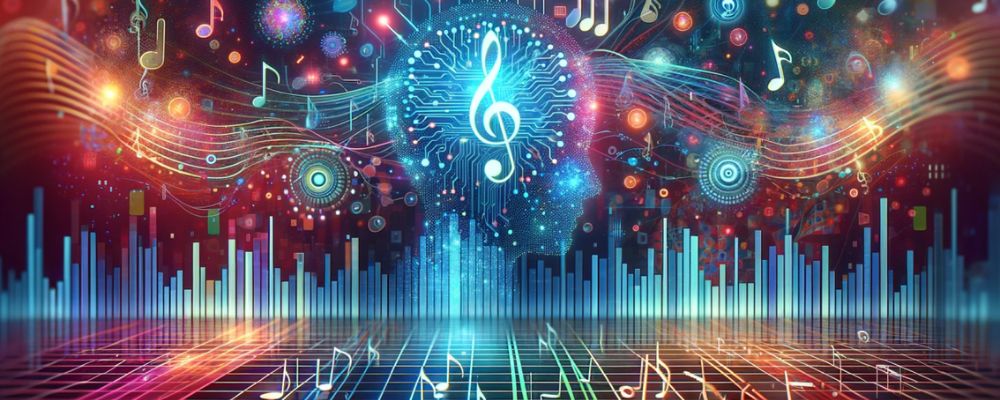
AI-powered music therapy is revolutionizing personalized healing. By harnessing artificial intelligence and machine learning, this approach is transforming music therapy. In this blog, we’ll explore how AI is reshaping music therapy, its benefits, and what lies ahead.
What is AI-Powered Music Therapy?
AI-powered music therapy integrates artificial intelligence with traditional music therapy practices. Unlike the one-size-fits-all approach of conventional methods, AI-driven solutions tailor therapy sessions to individual needs.
How AI Enhances Music Therapy
Artificial intelligence improves music therapy in several ways:
- Personalization: AI analyzes user data to recommend music based on emotional and psychological states. This creates a highly personalized therapy experience.
- Real-Time Adaptation: AI adjusts music in real time, responding to physiological feedback such as heart rate and brain activity.
- Predictive Analysis: AI studies patterns and suggests future interventions, optimizing the therapy process.
- Emotional Recognition: Advanced AI models interpret emotional cues, tailoring music to address specific emotional states.
- Feedback Loop: AI systems analyze user responses to refine and improve future sessions, ensuring continuous progress.
Benefits of AI-Powered Music Therapy
AI-powered music therapy offers several advantages:
- Enhanced Effectiveness: Tailoring music to individual needs allows AI to address emotional and psychological challenges more effectively.
- Increased Accessibility: AI platforms make therapy accessible from home, reaching a wider audience.
- Data-Driven Insights: AI provides insights into how music affects individuals, helping to refine therapeutic approaches.
- Scalability: AI can accommodate many users, making personalized therapy feasible for large populations.
- Cost Efficiency: Automating aspects of therapy reduces the need for extensive human intervention, potentially lowering costs.
Applications in Healthcare
AI-powered music therapy is making waves in various healthcare settings:
- Mental Health: AI helps manage stress, anxiety, and depression with music tailored to individual emotional states.
- Pain Management: AI selects music to manage chronic pain, offering relief through customized compositions.
- Rehabilitation: For physical rehab, AI picks music that boosts motivation and engagement.
- Sleep Disorders: AI addresses sleep issues by providing music suited to individual sleep patterns.
- Cognitive Enhancement: AI designs music sessions to improve memory and attention, especially for those with neurological conditions.
Future Prospects of AI in Music Therapy
The future of AI in music therapy is bright with ongoing advances in machine learning and data analytics:
- Advanced Algorithms: Future AI systems will understand deeper emotional and psychological nuances.
- Integration with Wearable Tech: AI combined with wearables will enhance therapy personalization and effectiveness.
- Broader Applications: AI’s role in music therapy will expand to address a wider range of therapeutic needs.
- Collaborative Platforms: Future AI systems may facilitate group therapy sessions, enhancing social interaction.
- Enhanced User Interaction: AI could offer immersive experiences, such as virtual reality music therapy.
Conclusion
AI-powered music therapy marks a significant advancement in personalized healing. By leveraging artificial intelligence, this method offers a more customized and effective approach to therapy. As technology evolves, AI’s role in enhancing music therapy will continue to grow, opening new possibilities in healthcare.






